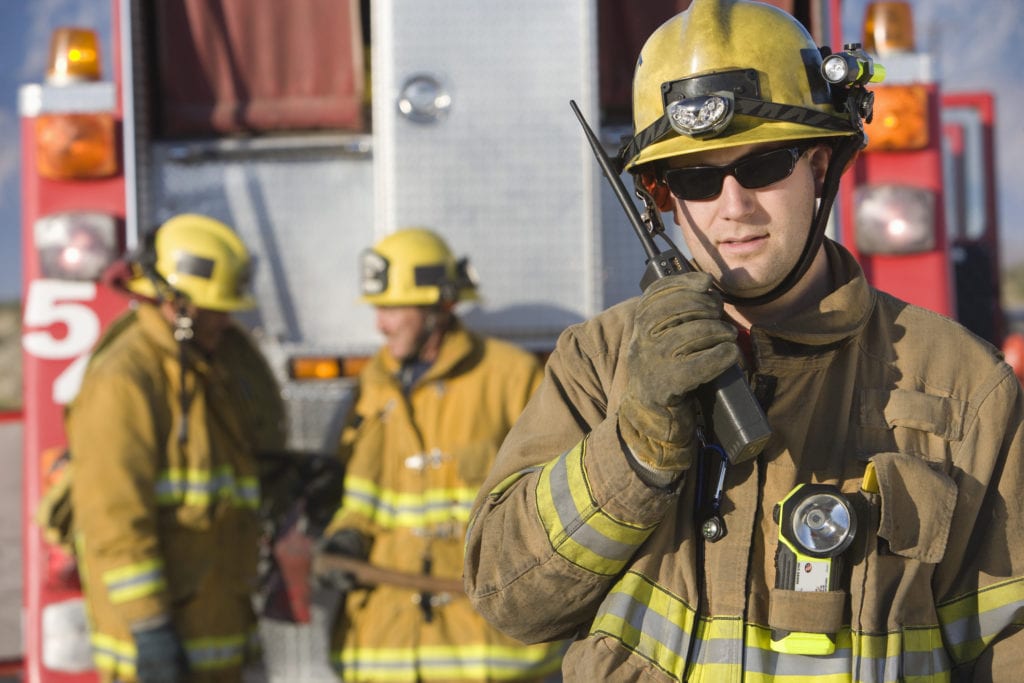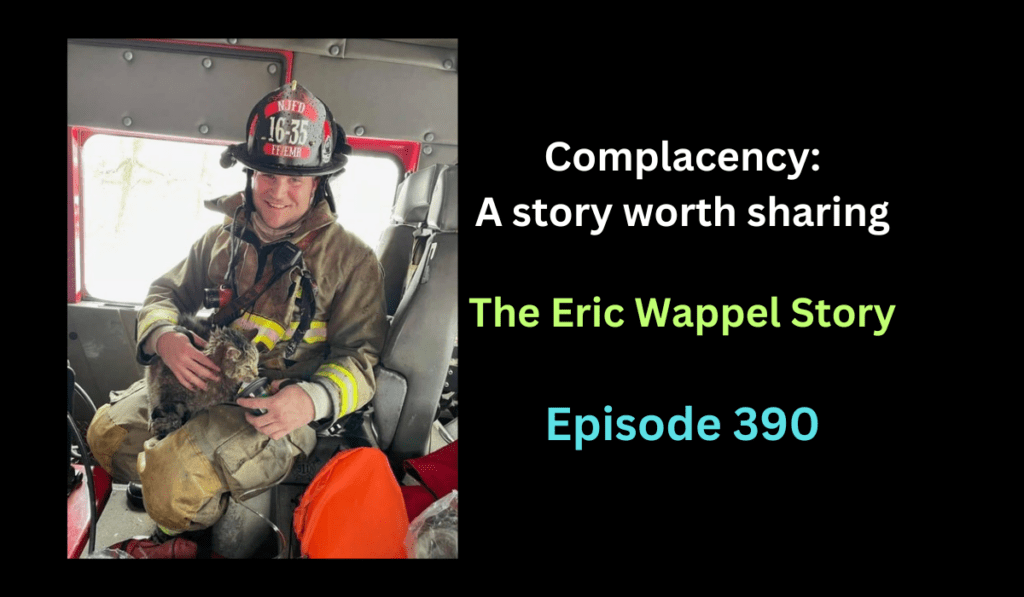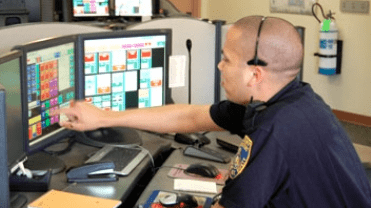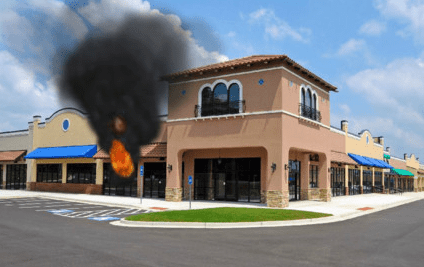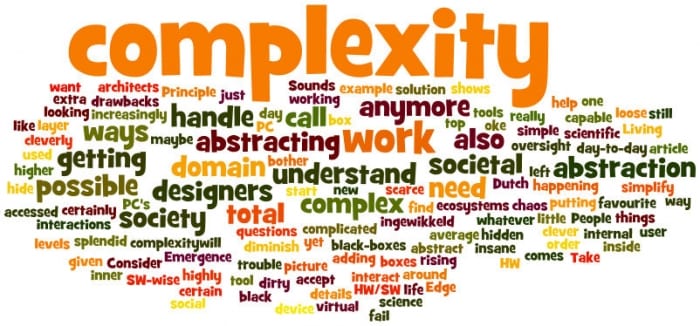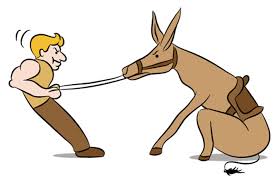Mayday Radio Channel
I recently was contacted by a fire officer asking whether their mayday procedure should include a provision for a dedicated mayday channel for the distressed crew to transmit their post-mayday traffic on. This is a question I’ve been asked often enough that I want to dedicate an article to the topic of mayday communications procedures.
Mayday Radio Channel Read More »

